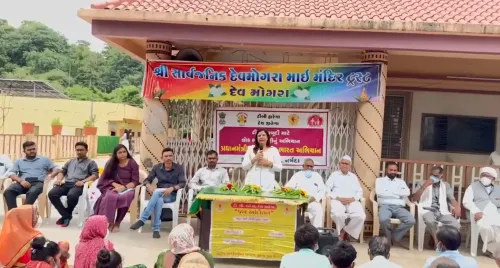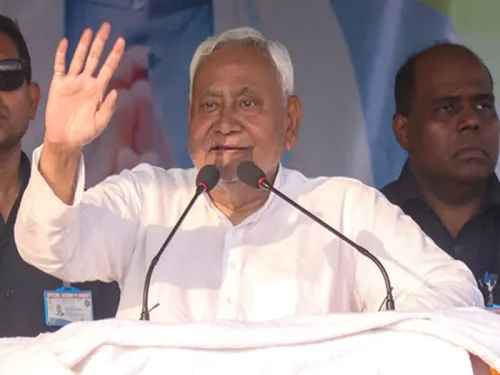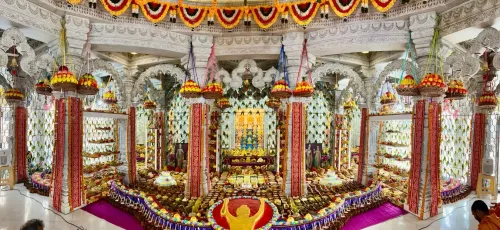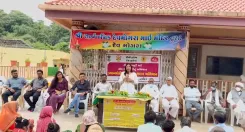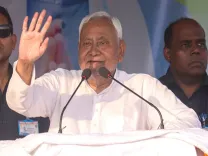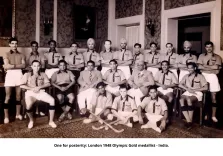How Can We Keep Uniformed Personnel Out of Political Echo Chambers?
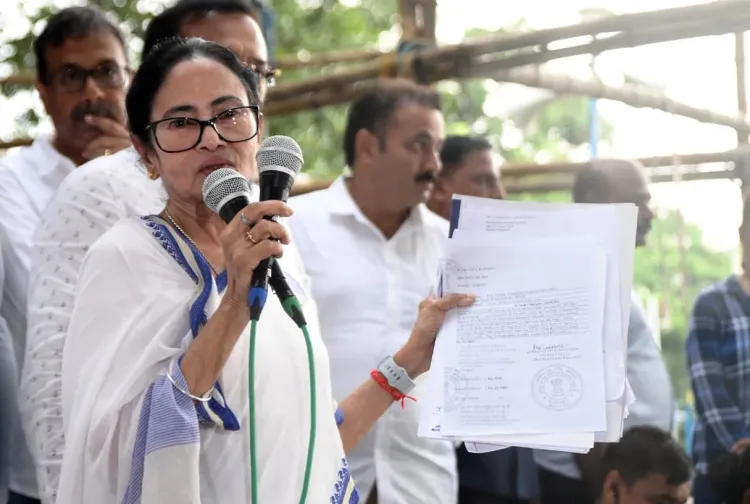
Synopsis
Key Takeaways
- The army operates independently of political influence.
- Procedural adherence is crucial for military actions.
- Political narratives can overshadow routine law enforcement.
- Accusations of political maneuvering can escalate tensions.
- Upcoming elections heighten scrutiny of all incidents.
New Delhi, Sep 3 (NationPress) In a state gearing up for elections, the focus is on crafting an echo chamber and establishing narratives. While tensions have arisen among political entities, and between the Centre and state, as well as among different religions and castes, the recent discord between the army and police stands out as particularly unusual.
Were the uniformed personnel in West Bengal caught up in a political power play? Or is this merely a coincidence with no significant implications?
“The armed forces operate independently of any political party’s directives. They adhere to established rules and regulations,” expressed Group Captain R.K. Das (Retired).
The situation escalated on Monday when the army intervened to dismantle a protest stage set up by the Trinamool Congress (TMC) in central Kolkata, citing legal grounds. This structure was erected to protest what the TMC termed the “humiliation of Bengalis” in regions governed by the Bharatiya Janata Party (BJP).
Chief Minister Mamata Banerjee criticized the army’s actions as “illegal and undemocratic,” alleging they were carried out “at the direction of the BJP government at the Centre.”
The army asserted that its involvement was purely procedural, noting that the expansive green space known as “maidan” in central Kolkata is under military jurisdiction, with the Eastern Command headquarters located at the neighboring Fort William.
It was clarified that events held on the “maidan” are permitted for only two days, with any extensions needing explicit approval from the Ministry of Defence.
“Permission was granted for two days, and when the organizers failed to dismantle the structure despite reminders, the army proceeded with its removal,” stated Gp Capt Das, emphasizing that video evidence shows no damage was inflicted, and respect was paid to the banners during the removal process.
However, merely 24 hours later, an army truck was stopped by Kolkata Traffic Police for an alleged traffic violation at a high-security intersection. The soldier operating the truck was cited for reckless driving that endangered lives.
Stressing that the matter should not be politicized, Deputy Commissioner of Police (Traffic) Yeliwad Shrikant Jagannathrao stated during a press briefing: “Legal action has been taken against the driver, not against the army.”
This clash between procedural intricacies and political symbolism has amplified tensions in an already divided political environment. The unfolding events have predictably sparked a fiery political discourse.
As West Bengal prepares for Assembly elections next year, every occurrence is meticulously examined for its electoral significance. Mamata Banerjee’s accusation that the army acted “at the behest of” the BJP-led Union government feeds into a larger narrative of Centre-State discord, a theme she has consistently leveraged to mobilize her supporters.
Highlighting ongoing discussions linking language to infiltration and Special Intensive Revision in Bihar, a BJP representative noted that igniting another controversy would not bode well for their party.
Especially with elections on the horizon and the ruling Trinamool Congress emphasizing “Bengali pride,” the leader added, preferring to remain anonymous.
Within this conflict lies a concern that routine law-and-order issues are being overshadowed by political maneuvering.

